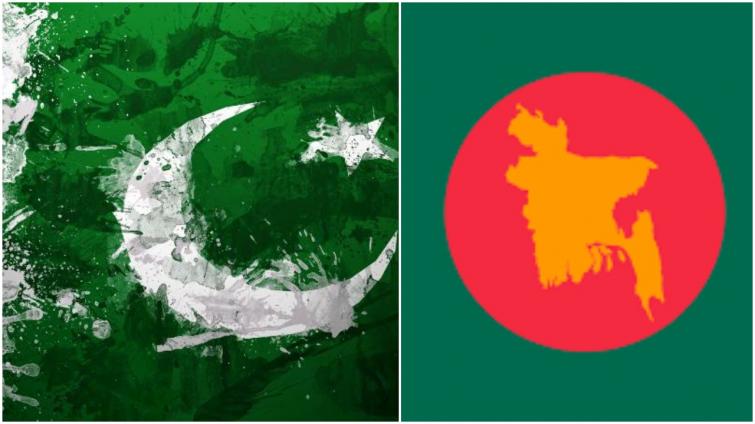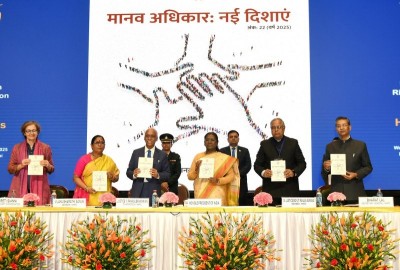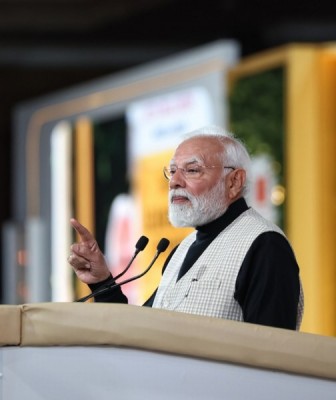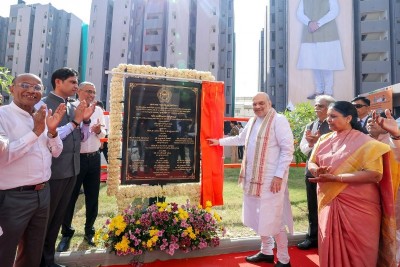
Plight of Bengali Muslims in Pakistan
There are around three million Bengalis in Pakistan, and a significant portion of them live in Karachi. They are the poorest segment of Pakistani society. They are hindered by their status as aliens in the country and there are very few, almost negligible portion, who hold official documentation as Pakistani citizen. Usman Town Bangalipara is the area where Bengalis have been living for more than six decades. In fact they are living in Pakistan from the days of Partition of India and Pakistan. Yet they are facing lots of problems and living in constant tension and harassment.
National Aliens Regulatory Authority (NARA) and police harass them because they don’t have proper documentation and proof in support of their claim that they are Pakistani citizens. When they contact NARA for getting their ID cards as Pakistani citizens, concerned departments deliberately create problems and turn them away by insisting on conditions which these poor and innocent people can not fulfill. NARA which is supposed to give them proper services ask them for bribe failing which they are often sent to jail on charges of illegally staying in Pakistan.
Accounts of Bengali Pakistanis being turned away from public utility services like hospitals and clinics are very common. There are many instances when despite having official Pakistani national identity card (NIC), the Bengalis were turned away from hospital and denied medical treatment for their Bengali origin.
After 1971, when Bangladesh was created, a lot of Bengalis left Pakistan for the new country but came back again in the 80s in search of better opportunities. Very few managed to get Pakistani NICs.
A UN Human Rights Commission (UNHRC) delegation made an on the spot survey of the plight of immigrants in Pakistan in 1980. It found that there were around 3.5 million immigrants in Pakistan out of whom 2.2 million are living in Karachi and 90% of them belong to the Bengali-speaking community. The delegation came across one Muzaffar Ali who has no documents that prove he is a Pakistani citizen.
The only document he has is a ticket for the passenger ship he travelled on from Dhaka to Karachi in 1966. “I left my home and relatives in search of a livelihood. Once I reached Pakistan, I never got the opportunity to go back to Dhaka. Even though my third generation was born here and has grown up in Karachi, I still don’t have a national identity card. I don’t go out of Machar Colony for fear of the police who are always on the lookout for Bengalis,” said the 65-year-old.
Machar Colony, also known as Muhammadi Colony, one of the most thickly populated slums of Karachi, hosts a population of over 200,000 Bengali-speaking Muslims and is one of the 116 locations in Karachi that houses the Bengali immigrants.
“Bengali community is living in a state of constant fear and insecurity. The police are roaming the city and picking up Bengalis from each and every corner of the city,” said Dr Aladdin, former Union Council Nazim (chief) of Machar Colony.
“Why should I register myself as an alien? I was born in Karachi,” said 25-year-old Noor-ul-Hassan. “I was arrested because I speak Bengali,” said Shamsudin, now in his 40s. Displaying an old identity card as proof, he says, “Despite having an identity card, I was picked up by the police and put behind bars for two months under the Foreigners Act only because I speak Bengali.”
“I swear by the Holly Quran I am born in Pakistan, am Pakistani, my father and son are Pakistani but I am always discriminated against for being a Bengali” said Abdul Rahman, one of nearly three million ethnic Bengalis living in the slums of Karachi.
His simple words explain the heartbreaking tale of a generation struggling to find an identity. “We supported the Muslim League and Jamaat-e-Islami who were opposed to the creation of Bangladesh, so we were targeted in 1971 during the war for independence. We fled that country and came here lured by Islamic fervour and zeal, but we are facing the same issues here … now you tell me: where should we go?”
Abdul, a resident of Korangi, a coastal town of Karachi, said that despite being treated as second-class citizens in Pakistan almost no one here wants to return to Bangladesh. The problem for many Bengalis who fled because of the war of independence is that they have no legal documents from either Pakistan or Bangladesh.
Despite living in Pakistan for decades and originating from former East Pakistan they are given the status of aliens and not recognized as Pakistanis. And they cannot return to Bangladesh because they opposed its creation or left before it officially became a country.
The government of Pakistan has declared general amnesty for Bengalis who migrated to Pakistan before 1974, and they were granted permission to seek citizenship through proof of residence in the country. Those immigrants who entered the country after 1974 till June 2000 are not entitled to citizenship, but they can seek registration and permission to work in Pakistan. According to the rules of NARA, all those illegal immigrants who entered the country after July 10, 2000, have no right to work or do business in Pakistan and are, in fact, supposed to be deported.
Support Our Journalism
We cannot do without you.. your contribution supports unbiased journalism
IBNS is not driven by any ism- not wokeism, not racism, not skewed secularism, not hyper right-wing or left liberal ideals, nor by any hardline religious beliefs or hyper nationalism. We want to serve you good old objective news, as they are. We do not judge or preach. We let people decide for themselves. We only try to present factual and well-sourced news.







